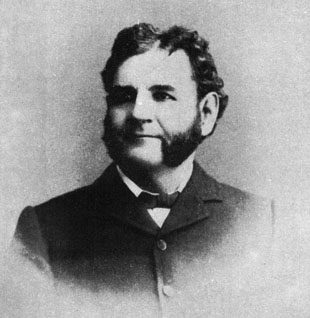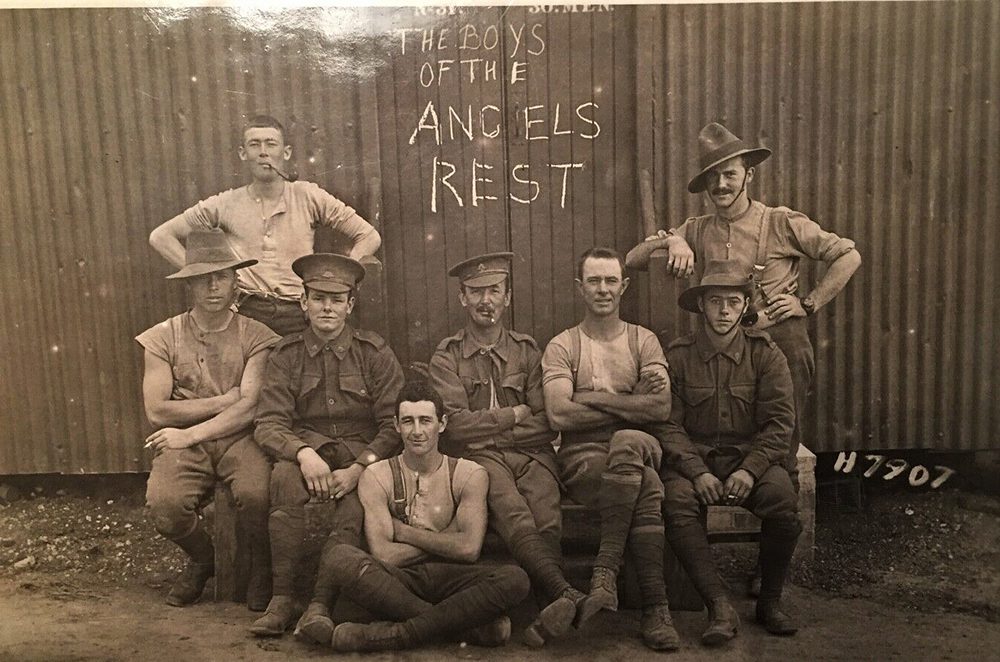Conveying a sense of sublime contentment, the phrase “happy as Larry” has nestled itself comfortably within the lexicon of English speakers across the globe. The origins of this whimsical saying, however, remain cloaked in uncertainty, much like the enigmatic ‘Larry’ it references. This jovial phrase finds itself freely rolled off tongues, all the while leaving many wondering about its roots and the identity of the euphoric Larry.
Our earliest encounter with this idiom in written form harks back to 1875, tracing its first use to the pen of New Zealand author George Llewellyn Meredith. Within the lines of his prose, we stumble upon the passage: “We would be as happy as Larry if it were not for the rats.” A statement that seems to highlight an almost idyllic happiness disrupted only by the minor inconvenience of rodents.
Interestingly, despite the phrase’s origins being firmly rooted in a specific time and place, it has outgrown its regional confines, spreading its cheerful connotations worldwide. The phrase ‘happy as Larry’ has thus become an enduring testament to the power of language to cross geographic and temporal boundaries, continually providing a charming, if somewhat cryptic, way of expressing profound happiness.
Australian boxer Larry Foley was “happy as Larry”?

As the popular tale goes, it is Laurence “Larry” Foley (1847–1917), celebrated as the “Father of Australian Boxing,” who is often credited as the inspiration behind the well-known saying “happy as Larry.” This phrase is widely used in countries such as Australia, New Zealand, and the UK today. Foley’s rise to fame in the late 19th century, predating the legal recognition of boxing in Australia, forms the backbone of this theory.
Born in Sydney, Foley’s early life was not one of glamour but rather a grittier reality. He initially found himself embroiled in the world of street fighting as a member of a local gang, earning the moniker “Captain of the Push.” One anecdote mentions a particularly grueling fight that carried on for an impressive 71 rounds, only to be broken up by the intervention of law enforcement.
Foley’s formidable talents in the boxing ring didn’t go unnoticed. He was discovered by George Hill, who helped him transition from a life on the streets to a celebrated career in boxing. The records show that out of his 21 professional fights, he suffered defeat in only one. He either won or drew in the rest, thus cementing his reputation in the world of boxing.
It was during one of these victorious fights that the phrase “happy as Larry” is believed to have been birthed. The phrase was purportedly used as a headline in a New Zealand newspaper reporting on one of Foley’s wins, implying the ecstasy of the victorious boxer. Considering Foley’s incredible record and the significant £1,000 ($1,262.25) prize from his final triumphant fight, it seems plausible that he was indeed as ‘happy as Larry.’
One of Foley’s most remarkable victories came in 1879 against Abe Hicken in a bare-knuckle bout. Following his impressive career in the ring, Foley ventured into coaching. He established a boxing academy in Sydney that produced some of the most legendary boxers of the late 19th and early 20th centuries. Icons such as Peter Jackson, Tommy Burns, and Bob Fitzsimmons honed their skills under Foley’s expert guidance, perpetuating his legacy in the world of boxing.
Larking…larrikin…Larry?
A competing hypothesis suggests that the “Larry” in the phrase “happy as Larry” could be derived from the term “larrikin.” This term, originating as Cornish slang, later found a home in Australia and New Zealand. Used to describe an individual known for their rambunctious behavior, the term “larrikin” was typically associated with mischief and hooliganism. The first recorded use of the term is found in Henry William Harper’s Letters from New Zealand, penned in 1868:
“We are beset with larrikins, who lurk about in the darkness and deliver every sort of attack on the walls and roof with stones and sticks.”
Yet, this theory isn’t without its own share of contradictions. As pointed out by researcher Tiger Webb in a related article, “larrikins” during the 19th century were hardly the epitome of happiness. The term was often used with a derogatory intent, implying a stark contrast to the joyous sentiment the phrase “happy as Larry” is known to express.

Despite these competing theories and the ambiguity surrounding the exact origins of the phrase, the idiom “happy as Larry” has undeniably earned its place in the annals of English idiomatic expressions. The phrase’s survival and continued use underscore the richness and flexibility of the English language, reminding us that it is often these seemingly eccentric and enigmatic expressions that add a touch of color and charm to our conversations. So, even as the origins of “happy as Larry” continue to fuel debates among linguists and language enthusiasts, its contribution to the linguistic tapestry remains indisputable.


